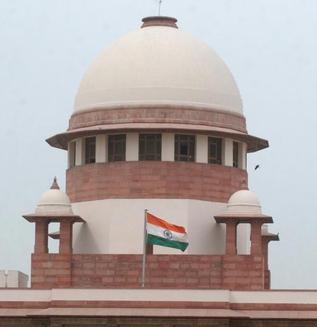UNE: Future lawyers need to equip themselves with knowledge and information if they want to deal with complaints relating to human rights violations, said Supreme Court justice Balbir Singh Chauhan on Saturday. He was speaking on the “Role of judiciary in protection of human Rights” at the Justice Y V Chandrachud lecture series 2012. The function, attended by judicial officers and lawyers, was organised by the Pune Bar Association (PBA) at the Ashoka hall of the district and sessions court.Justice Chauhan, the chief guest for the event, emphasised the need to introduce more courses on human rights violations, as such events have become rampant in the country.
Describing the incident of Baba Ramdev‘s rally at Ramlila Maidan last year as a clear case of human rights violations, the SC judge advised lawyers to have a sensitive approach while dealing in human rights violations cases. He also criticised the police for abusing its authority by inflicting injuries on a sleeping crowd in the garb of invoking Section 144 of the Criminal Procedure Code.
Citing the case of film actress Khushboo, who had to face 28 litigations by lawyers, and remained in prison for six weeks, because she had given an interview on live-in relationship, the judge said there was no law to initiate prosecution in such cases as none of the lawyers were defamed.
Among the others who spoke at the function include Justice Abhay Thipsay of the Bombay High Court, principal district and sessions judge Anant Badar, Harshad Nimbalkar, member of Bar Council of Maharashtra and Goa, PBA president Dhananjay Taur and others.
Later, attending the Justice P N Bhagwati International Moot Court competition at the New Law College, Justice Chauhan traced the history of legal education in India and commented on the quality of legal education and applauded the high professional quality existing today in law colleges across India. He also spoke on natural justice as well as human rights being the most essential components for dignified humanity.
Total 26 teams from national law schools and six foreign teams from the UK, the US and Europe have participated in the competition. The guests were introduced by Mukund Sarda, dean and principal of the college.
